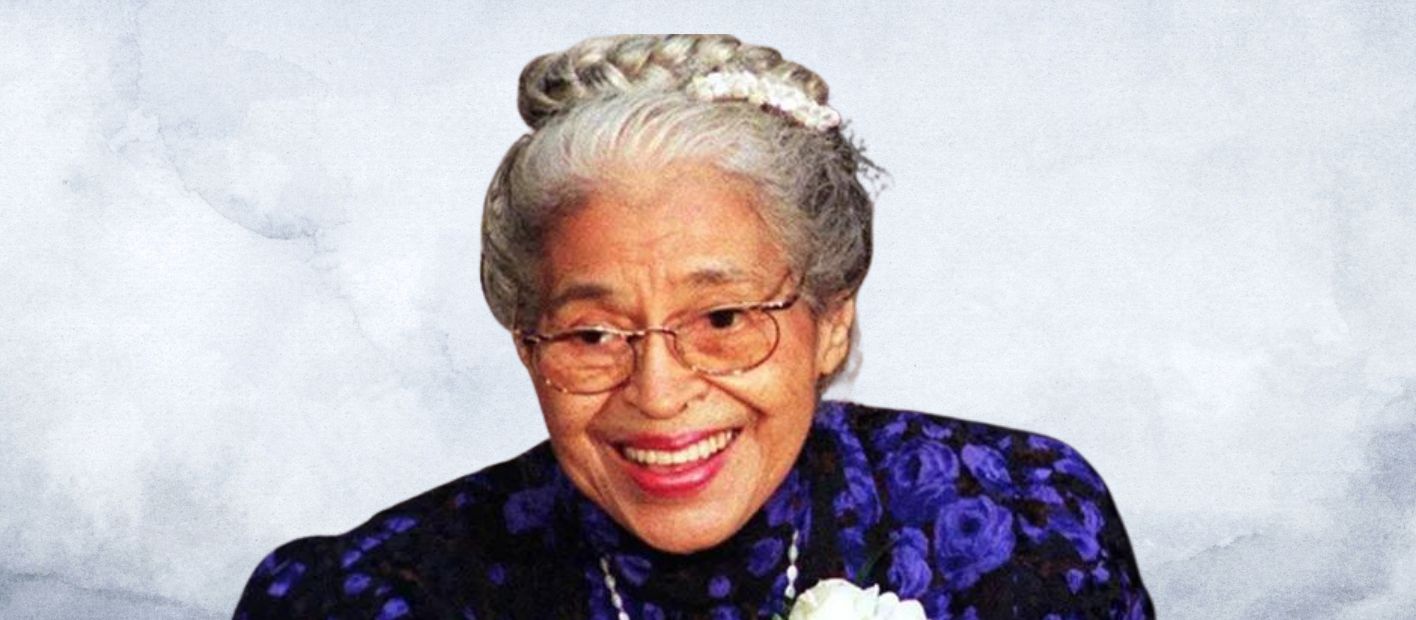Rosa Parks
The Quiet Strength that Ignited a Civil Rights Movement
Introduction
Meet Rosa Parks
Rosa Parks is a name forever etched in the annals of history as a symbol of courage, resistance, and the fight for civil rights. Born on February 4, 1913, in Tuskegee, Alabama, she became an icon of the civil rights movement through a single act of defiance that would change the course of American history.
A Society Divided by Segregation
In the early 20th century, racial segregation was deeply entrenched in the United States. African Americans faced systemic discrimination, especially in the southern states, where segregation laws enforced racial separation in public facilities, transportation, and education.
The Catalyst for Change
Amidst this turbulent backdrop, Rosa Parks would become the catalyst for a movement that aimed to challenge racial injustice and segregation, setting in motion the Montgomery Bus Boycott and the broader civil rights struggle.
The Montgomery Bus Boycott
The Fateful Day on the Bus
On December 1, 1955, Rosa Parks boarded a Montgomery city bus in Alabama. She took a seat in the section designated for African Americans, as was required by segregation laws. But when the bus filled up, she was ordered to give up her seat to a white passenger, a common practice at the time.
The Spark of a Movement
Rosa Parks refused to comply with the bus driver’s demand. Her simple act of staying seated ignited a spark that would soon become a raging fire of change. She was arrested and charged with violating segregation laws, and news of her arrest quickly spread throughout Montgomery.
The Leadership of Dr. Martin Luther King Jr.
The African American community in Montgomery, led by Dr. Martin Luther King Jr., rallied behind Rosa Parks. They saw an opportunity to challenge the oppressive segregation laws and launched the Montgomery Bus Boycott, a protest that would last for 381 days.
The Struggle for Civil Rights
Facing Backlash and Threats
During the boycott, Rosa Parks and other activists faced severe backlash, including threats to their safety and economic hardships. However, their determination remained unshaken. The boycott garnered national attention and support.
The Legal Battle: Browder v. Gayle
As the boycott continued, four African American women, including Rosa Parks, filed a federal lawsuit challenging the constitutionality of Montgomery’s segregated bus system. Their case, Browder v. Gayle, ultimately led to a landmark legal victory.
The Supreme Court Ruling
On November 13, 1956, the Supreme Court of the United States ruled in favour of the plaintiffs, declaring segregation on Montgomery buses unconstitutional. This decision marked a significant victory in the fight against racial segregation.
Rosa Parks’ Quiet Strength
Life After the Boycott
Following the success of the Montgomery Bus Boycott, Rosa Parks and her family faced continued harassment and threats. In 1957, they moved to Detroit, Michigan, seeking a quieter life but never ceasing their commitment to civil rights.
Continuing the Fight for Equality
Rosa Parks remained active in the civil rights movement, participating in various campaigns and initiatives aimed at dismantling segregation and achieving equality for African Americans. Her advocacy extended beyond bus desegregation to encompass broader social justice issues.
Honours and Recognition
Rosa Parks received numerous accolades and honours in recognition of her pivotal role in the civil rights movement. She was awarded the Presidential Medal of Freedom, the Congressional Gold Medal, and countless other awards, solidifying her legacy as a champion of justice and equality.
The Enduring Legacy
Rosa Parks’ Impact on the Civil Rights Movement
Rosa Parks’ act of courage on that Montgomery bus in 1955 sparked a nationwide movement that would ultimately lead to the end of legal segregation in the United States. Her quiet strength and unwavering resolve inspired countless others to join the struggle for civil rights.
Inspiring Future Generations
Rosa Parks’ legacy continues to inspire generations of activists and advocates for civil rights and social justice. Her story serves as a reminder that one person’s actions, no matter how small they may seem, can have a profound and lasting impact on the world.
Conclusion:The Power of One Act
Rosa Parks’ refusal to give up her seat on that Montgomery bus was more than just a simple act of defiance; it was a declaration that enough was enough. Her courage ignited a movement that would change the course of history and set in motion a wave of change that continues to resonate today. Rosa Parks’ legacy reminds us that the power of one act, driven by conviction and determination, can bring about lasting change and inspire the world to stand up against injustice.





